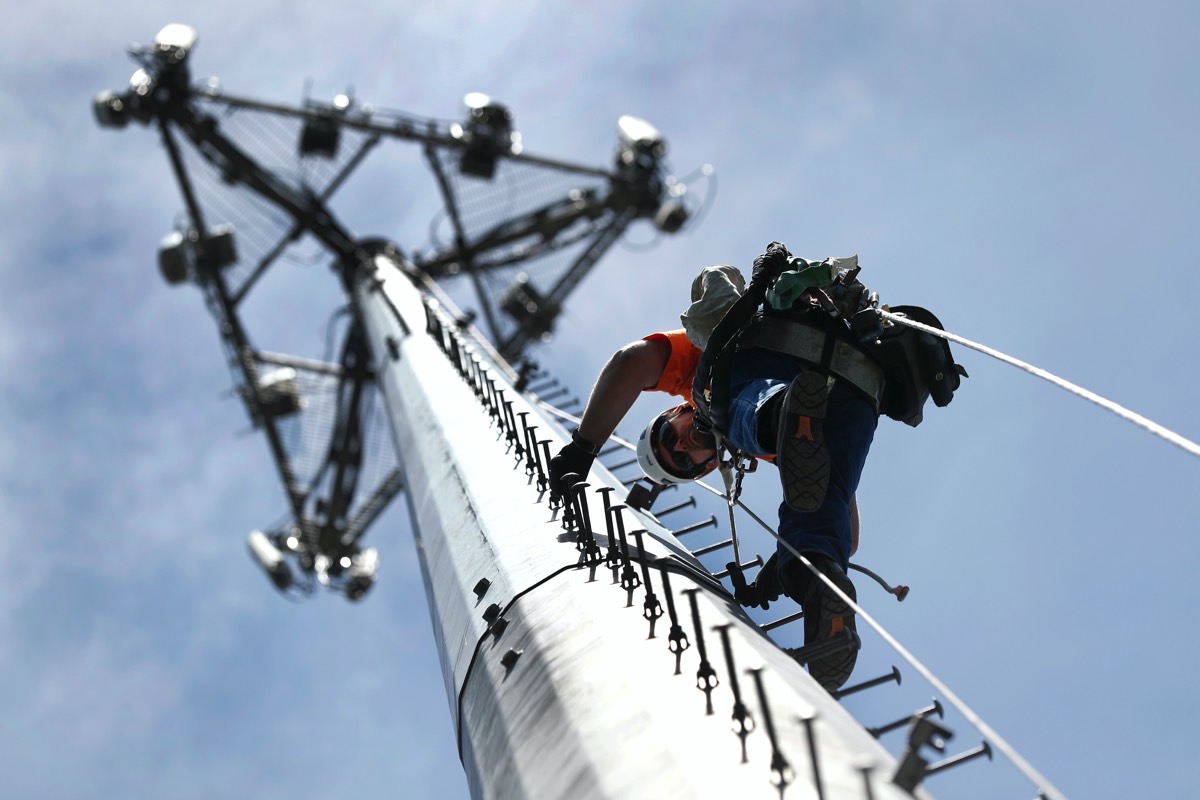- cross-posted to:
- bees@feddit.uk
- beekeeping@mander.xyz
- veganism
- cross-posted to:
- bees@feddit.uk
- beekeeping@mander.xyz
- veganism
cross-posted from: https://sopuli.xyz/post/7625705
According to the linked article, 72 studies suggest that wi-fi radiation harms/kills #bees – and by some claims is a threat to their continued existence. I suppose if extinction were really a likely risk there would be widespread outrage and bee conservationists taking actions. It seems there is a lack of chatter about this. This thread also somewhat implies disinterest in even having wi-fi alternatives.
In any case, does anyone think this is a battle worth fighting? Some possible off-the-cuff actions that come to mind:
- ban the sale of wi-fi devices bigger than a phone in Europe¹ if they do not also comply with these conditions:
- include an ethernet port as well. So e.g. macbooks would either have to bring back the ethernet port or nix wi-fi (and obviously Apple wouldn’t nix Wi-Fi).
- have a physical wi-fi toggle switch on the chassis (like Thinkpads have)
- force public libraries with Wi-Fi to give an ethernet port option so library users at least have the option of turning off their own wi-fi emissions.
- ban the sale of Wi-Fi APs that do not have:
- a configurable variable power setting that is easily tunable by the user; maybe even require a knob or slider on the chassis.
- bluetooth that is internet-capable
- force phones that include wi-fi to also include bluetooth as well as the programming to use bluetooth for internet. Bluetooth routers have existed for over a decade but they are quite rare… cannot be found in a common electronics shop.
Regarding bluetooth, it is much slower than wi-fi, lower range, and probably harder to secure. But nonetheless people should have this option for situations where they don’t need wi-fi capability. E.g. when a phone is just sitting idle it could turn off wi-fi and listen over bluetooth for notifications.
I suspect the 1st part of this quote from the article explains the lack of concern:
“The subject is uncomfortable for many of us because it interferes with our daily habits and there are powerful economic interests behind mobile communication technology.”
- I say /Europe/ because it’s perhaps the only place where enough people would be concerned and where you also have the greatest chance of passing pro-humanity legislation (no “Citizens United” that human needs have to compete with).


Why would you even expect a review of many scientific publications to be “science”? The process of reviewing scientific findings does not itself invoke the scientific process in the slightest.
No one has yet come up with a citation to research that shows there was an oversight. Which publication was dismissed out of hand? Withholding this has made your claim baseless.
NABU’s mission is nature preservation. It would not help their mission to waste their energy on misinfo and compromise their integrity and reputation on a task that does nothing for nature preservation.
Garbage in garbage out. Good reviews routinely exclude studies of low quality to avoid drawing the wrong conclusions. You cannot just take a collection of trash studies and claim anything of value.
I don’t care what NABU says its mission is. If it is putting out garbage that isnt actually protecting the environment but instead leading people off course, I am going to criticize them for it. I want people to actually focus on REAL threats to the environment not illusionary ones. People that distract others from actual environmental threats are not friends of the environment.
All I am going to say beyond that is that everything about this concerns me. It concerns me that no one really did their due diligence at the study level to do literally anything that good work in my field demands. It concerns me that NABU does not appear to be vetting any of those studies for the prior mentioned reasons. It concerns me that BGR didnt seem to vett any of that work, they just wrote an article based on it. And it concerns me that people don’t question what they are told merely because they trust that they aren’t being lied to or otherwise deceived and the conclusions match their expectations. That is by far the most dangerous time to stop being skeptical of what you read because it is very very easy for people to tell you things that aren’t true with you having no idea or inclination to question what you’ve been told. This is the same sort of situation as LK99, the arsenic DNA paper from NASA, fleishman and pons’ cold fusion paper and many more like it.